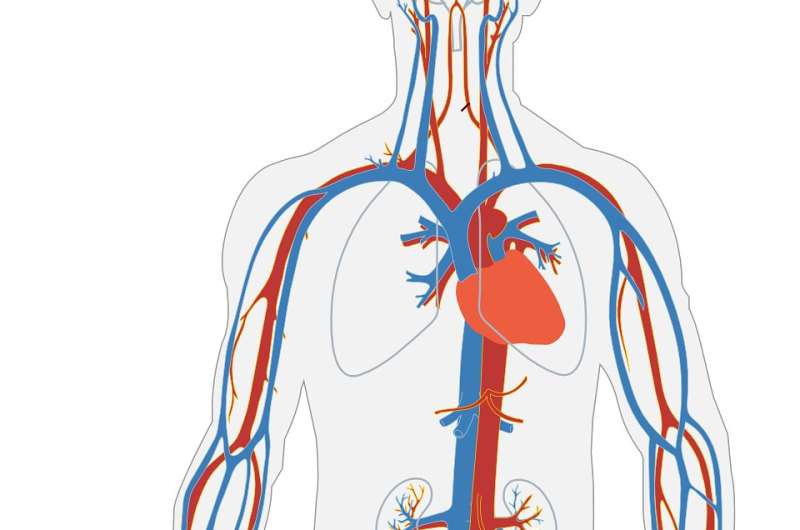Colorado Implements Groundbreaking Sperm Donor Regulations Amid Potential Rollbacks

Three months after Colorado introduced pioneering regulations governing sperm donation, state lawmakers are considering potentially relaxing some of these measures. The initial law, enacted to address concerns about industry oversight, record-keeping, and the complex networks of donor-siblings, prohibited anonymous donations and established a licensure system for clinics. This legislation sought to ensure transparency and protect donor-conceived individuals' rights.
However, the recent proposal, House Bill 1259, aims to loosen certain requirements. It seeks to eliminate the obligation for clinics to periodically update donor contact information and ease regulations surrounding educational materials and inspections. Advocates argue these adjustments are necessary to reverse a decline in donor applications, which have reportedly decreased by as much as 50%, partly due to increased awareness of genetic testing and the end of anonymity.
Opponents, including the original sponsor of the 2022 law and many within the donor-conceived community, contend that such deregulation risks undermining protections for families and individuals. They highlight that the law’s short time in effect makes it premature to assess its impact, and they raise concerns that the bill may favor large commercial entities over donor transparency.
Adding complexity is the inclusion of provisions to strengthen protections for in vitro fertilization (IVF), especially in the wake of recent legal decisions in other states that question embryo and fetus rights. Critics argue that these provisions, inserted to ease legislative passage, could have broader implications for reproductive rights. Nonetheless, supporters believe that reforming industry standards and increasing genetic testing will benefit prospective families.
Reproductive health advocates emphasize that tighter regulations are vital for ensuring safety, health, and transparency in the industry. As Colorado continues to navigate these changes, the debate underscores the delicate balance between expanding access to fertility treatments and safeguarding the rights and health of donor-conceived individuals and families.
Source: https://medicalxpress.com/news/2025-04-colorado-nation-sperm-donor-effect.html
Stay Updated with Mia's Feed
Get the latest health & wellness insights delivered straight to your inbox.
Related Articles
Innovative AI Method Enhances Prediction of Cancer Patient Outcomes
A new AI technology accurately stratifies cancer patients based on their predicted treatment outcomes, promising advances in personalized oncology care. Published by Weill Cornell Medicine, this approach could revolutionize patient selection for trials and therapies.
Revolutionizing Transplant Diagnostics with AI-Driven Virtual Tissue Staining
A novel AI-based virtual staining technique enhances transplant biopsy analysis by providing rapid, cost-effective, and reliable tissue diagnostics, improving outcomes for transplant patients.
GSK Acquires Promising Liver Disease Medication in Deal Valued at Up to $2 Billion
GSK is investing up to $2 billion to acquire efimosfermin, a promising drug in late-stage trials for treating fatty liver disease, which could revolutionize care and lower healthcare costs. Source: medicalxpress.com
New Insights: Blood Vessel Weakness May Cause Muscle Loss in Cancer Survivors
Emerging research suggests that weakening blood vessels in muscles contribute to muscle loss in cancer survivors. Restoring vascular health may offer new hope for preventing cachexia and improving quality of life. Source: https://medicalxpress.com/news/2025-07-muscle-weakness-cancer-survivors-treatable.html



